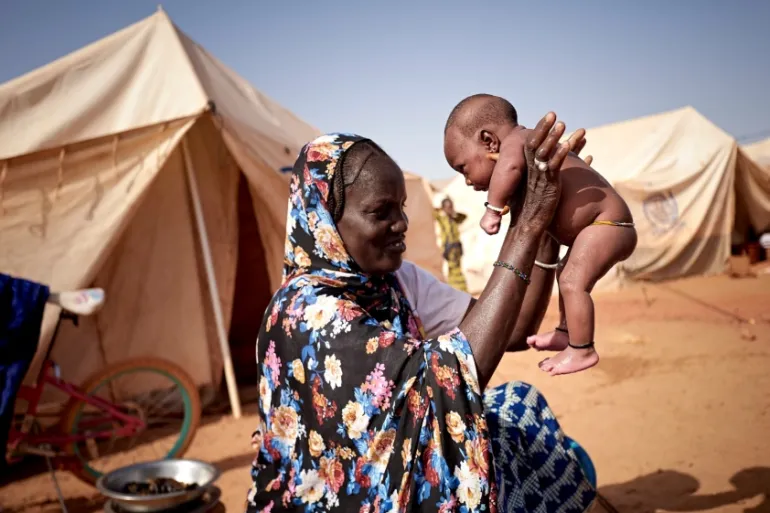
Mali’s Humanitarian Crisis: Climate Change and Conflict Collide
Mali is engulfed in a profound humanitarian crisis, exacerbated by a lethal mix of climate change, ongoing conflicts, economic fragility, and a healthcare system on the brink. This crisis affects over 7.1 million people, roughly one-third of Mali's population, who urgently need humanitarian assistance.
In villages like Safekora, the impact of climate change is stark; diminishing rainfall has crippled agriculture, the primary livelihood. Villagers, including Debele Coulibaly, face starvation as crops fail, pushing some towards unsustainable practices like deforestation, which accelerates desertification. A record heatwave in April 2024 claimed over 100 lives in Bamako, underscoring the deadly consequences of rising temperatures.
The crisis isn't solely environmental. Political instability, armed conflicts, and economic downturns have left millions vulnerable. With agriculture accounting for 80% of employment, climate disruptions deepen poverty and hunger. Today, around 7.1 million people require immediate aid, with many displaced by violence.
The situation in IDP camps is dire. Thousands, including children, suffer from malnutrition. Idrissa, one of 355,000 displaced, now lives in a crowded Bamako camp where his family struggles with inadequate food and sanitation, his mother's health deteriorating due to lack of medical care. The healthcare system, particularly in northern and central Mali, is overwhelmed, with many facilities closed or lacking essentials, leaving 3.5 million without proper care. Malnutrition rates have surged, with severe acute malnutrition affecting 11% of the population, up from 4.2% last year, increasing susceptibility to diseases like malaria.
Despite these challenges, efforts like those by Muslim Hands aim to foster resilience, but the scale of the crisis demands broader international intervention. Mali's multifaceted disaster—combining climate change, conflict, and economic fragility—requires urgent global attention to prevent further deterioration. The international community's response, including funding for humanitarian efforts, has been insufficient, with only a fraction of the needed funds received, leaving millions at risk of starvation and disease.
The situation in Mali, marked by a volatile security environment and structural vulnerabilities, calls for immediate and sustained international engagement to address the humanitarian needs effectively.
Stichworte







